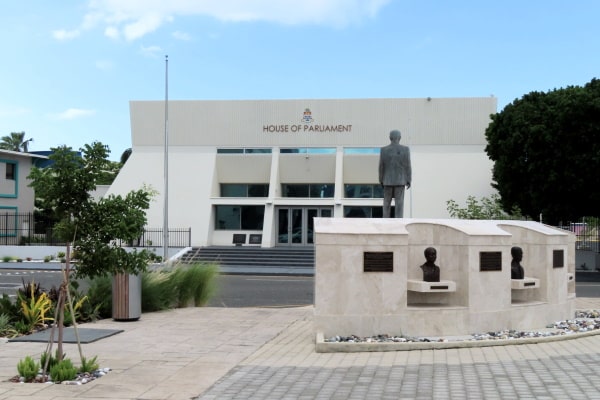How laws are passed in the Cayman Islands

The Cayman Islands’ legal system is based on English common law, locally enacted law and Orders-in-Council, which is legislation that the UK extends to its territories. (Paper: Orders in Council, by Richard Coles)
Local laws begin as bills, which are put forward to the Cabinet by a ministry or portfolio. If the bill receives Cabinet approval, it is forwarded to the clerk of the House of Parliament and Gazetted for a 21-day public consultation period before it is presented to the House for its first reading, which generally takes place without debate. Before the second reading, the Cabinet member responsible for the bill outlines its general objectives and principles, which may then be debated by the House. At the end of the debate, the members of Parliament (MPs) vote on whether the bill should proceed.
After the second reading, the bill enters the committee stage (which involves all MPs unless the House refers it to a select committee), where detailed examination of each clause takes place. Once the committee stage is finished, the bill returns to the House for its report stage, presented by the member responsible, where the amended bill can be debated once more and further amendments proposed.
Following a third reading in the House, it is voted on by MPs. If it is passed, it will go to the governor of the Cayman Islands, who must give assent to all legislation before it is enacted and has the power to strike down any law that has been passed by the local legislature or return it to the House with recommended amendments. Once the governor’s assent is given to the bill, it is published in the official Gazette and becomes law.
Regulations to the laws are made by the governor acting on the advice of the Cabinet.


